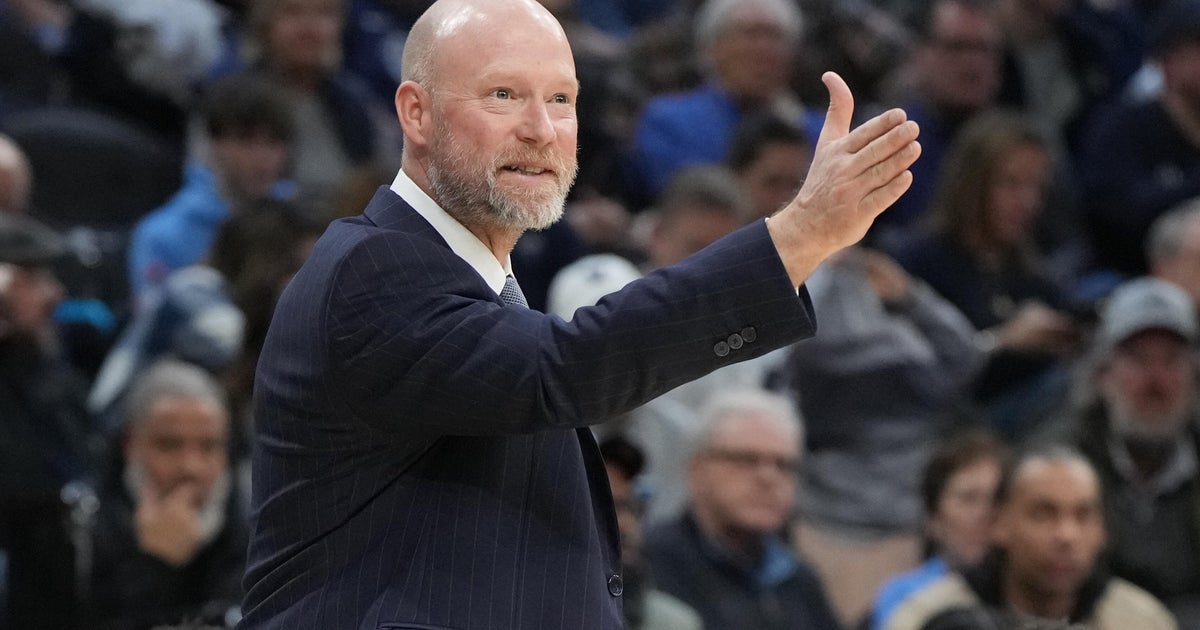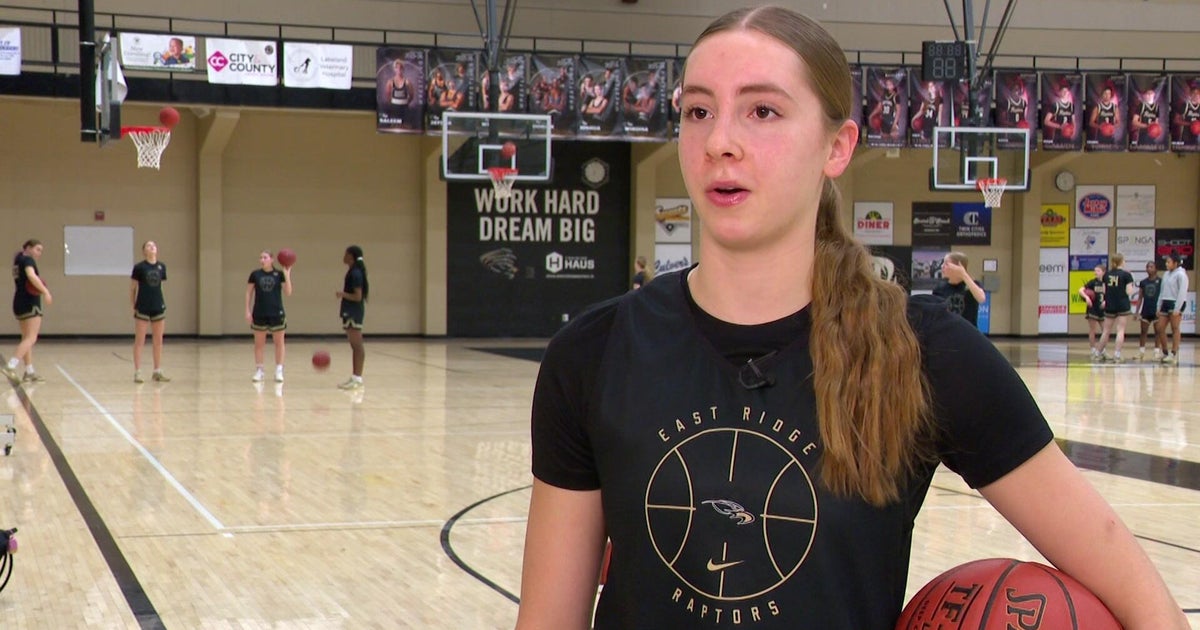Texas, Oklahoma Could Be Joining Pac-12
ARLINGTON, Texas (CBS Sports) -- Pac-12 commissioner Larry Scott admitted for the first time during this latest round of conference upheaval that his league has been contacted by prospective members.
"I will say schools have reached out to us," Scott said Saturday shortly before the start of the LSU-Oregon game here. "We are not doing anything proactively."
Scott was speaking approximately 90 minutes after an Oklahoma source was quoted as saying the school's "sole focus" was moving to the Pac-12. The story broke Saturday in the The Oklahoman and stated that Texas, Texas Tech and Oklahoma State could also be part of the move to the Pac-12.
The commissioner said he was not aware of the report but reiterated that, "schools have called us. We certainly are going to listen."
Cut through the language and it seems that the Big 12's days are numbered. Texas A&M is expected to be formally invited to the SEC next week. Oklahoma has been leaning toward the Pac-12. It's doubtful that the 15-year-old league could survive with the loss Oklahoma, Texas and Texas A&M.
"If you can't fix Big 12, you might as well go west," Boone Pickens, Oklahoma State's billionaire benefactor, told an Oklahoma City reporter.
Events of the last 36 hours may have put college athletics at the brink of one of the most significant points in its history. Oklahoma president David Boren said Friday his school would not be a "wallflower" as it surveys conference membership. Boren added that Oklahoma's future could be clearer by as early as Monday. At no time during those comments did he pledge loyalty to the Big 12. A Pac-12 expansion to 16 teams could usher in the era of the super conference in college athletics.
The Pac-12 locking up Texas and Oklahoma, two of the most famous brands, in college sports would almost assure it. There already has been speculation that the combination of the new Pac-12 agreement ($3 billion, 12 years with ESPN/Fox) and the new Pac-12 Network could mean an annual $30 million to each member school.
Other conferences -- notably the SEC and Big Ten -- would almost have to react to the Pac-12's move.
"I've also been clear," Scott reminded, "that there will probably be further expansion at some stage."
The Pac-12 controls the option to reopen that lucrative contract for negotiations if membership changes, Scott said. He added that he and the Pac-12 won't be the guys who alter the current college conference structure.
"If there is any suggestion whatsoever that our conference is being predatory that's just wrong," he said. "We've not had expansion as an initiative, as an agenda, for us at all. If there were any conversations going on, you can be sure there are not any we initiated."
That's likely legalese for staying with the process. Three weeks ago SEC presidents met to discuss Texas A&M's move to the conference. They were reminded by lawyers during that meeting the conference could not appear to be pursuing the Aggies at the expense of collapsing the Big 12.
The then-Pac-10 was definitely proactive last year when it pursued six Big 12 schools last year in a bold attempt to move up to 16 teams in preparations for negotiating a new TV deal. It settled on Utah and Colorado to expand to 14. That deal is now in place.
The biggest complication seems to be folding Texas and its network into the Pac-12. Texas and ESPN have an exclusive $300 million deal with the Longhorn Network. Scott said any such deal would have to be folded into the Pac-12 distribution model. The Pac-12 Network consists of six regional networks.
Texas mostly likely would have to renegotiate its deal and possibly share money with Pac-12 members were it to join the Pac-12.







